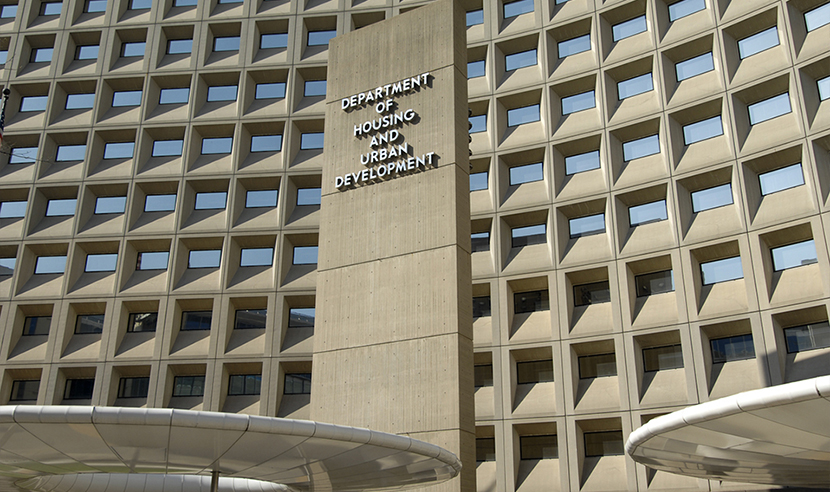
MBA, Trade Groups Urge HUD to Address FHA Affordable Housing Delays

The Mortgage Bankers Association and a dozen industry trade groups urged HUD to address “severe processing delays” that are impeding financing of affordable housing in the Federal Housing Administration multifamily and healthcare programs.
The July 22 letter to HUD Secretary Marcia Fudge noted HUD Multifamily Accelerated Processing (MAP) lending participants report the average time an application spends in the queue waiting to be assigned an underwriter is now up to six months, versus the historical norm of 1-2 months. As a result, the average time from application to closing for a refinance can be longer than a year.
“These delays are slowing HUD’s ability to both increase supply and reduce the cost of multifamily housing and residential healthcare facilities,” the letter said. “We look forward to working with you and other Housing and Urban Development officials to leverage the FHA multifamily and healthcare programs to increase the supply of affordable rental housing so every American will have a safe and affordable place to live.”
The letter pointed out two major contributing causes of the processing delays: recovery of the economy and high demand for FHA’s lending programs. It noted last year, HUD and its MAP lenders funded production of the largest supply of multifamily, seniors, and healthcare housing in the program’s history and are on record to surpass that total this year. In fiscal year 2020, HUD had 1,131 firm commitments issued totaling $21.8 billion. In the first five months of FY 2021, HUD has issued 1,195 firm commitments totaling $22.8 billion, and is on pace to do $34 billion by the close of the year.
“That demand and volume, however, has taxed available HUD staffing resources,” the letter said. “We appreciate that the HUD team is working hard to ensure the current pipeline is prioritized and that loans are closed as efficiently as possible. However, despite those best efforts, our members continue to endure delays, including the protracted time it takes before a loan is even assigned to a HUD underwriter.”
In the near term, the letter recommended HUD use additional contractor resources to supplement workloads of HUD underwriter staff. It also urged HUD to consider temporarily redistributing underwriting workloads across regions, noting some regions, such as Chicago, might currently have smaller pipelines than other regions and may be able to provide temporary staffing help to other regions that are experiencing the greatest delays.
“The experience of the pandemic has taught us all how to do more from remote locations,” the letter said. “Regional offices could also identify and share processing best practices across regions.”
For the longer term, the letter urged HUD to use a balance of permanent and contracted resources. This would include hiring, training and retaining critical HUD staff across regions, complemented by IT enhancements, together with the flexible use of contracted service providers to manage unexpected or peak demand.
Joining MBA in the letter:
CCIM Institute
Council for Affordable and Rural Housing
Institute of Real Estate Management
National Apartment Association
National Association of Affordable Housing Lenders
National Association of Home Builders
National Association of Housing Cooperatives
National Affordable Housing Management Association
National Housing Conference
National Leased Housing Association
National Multifamily Housing Council
